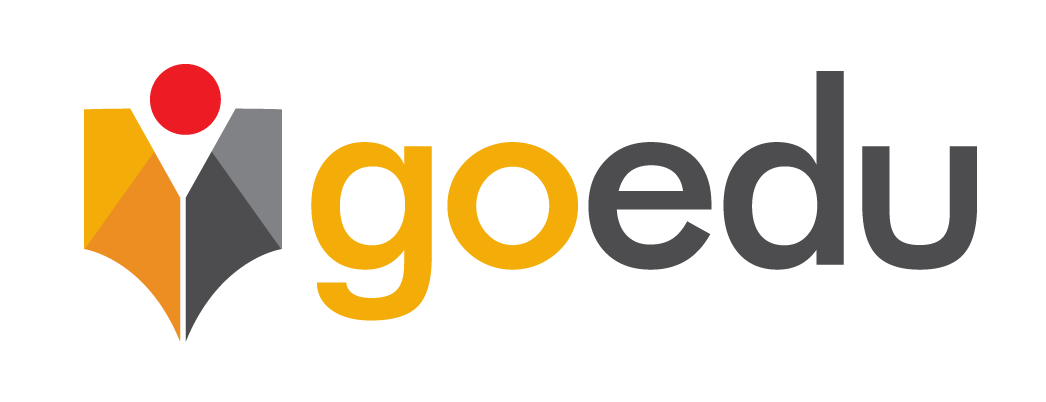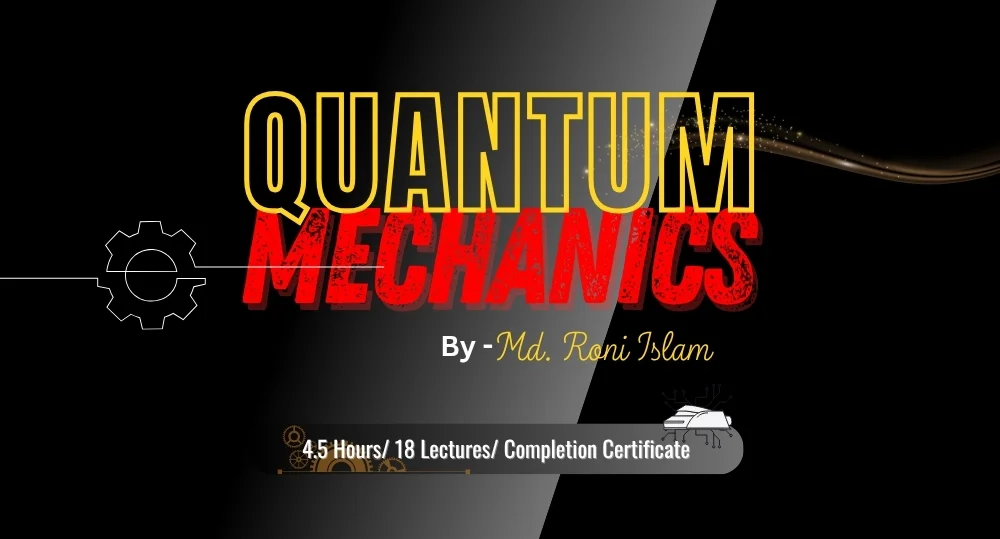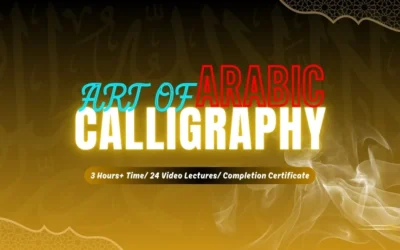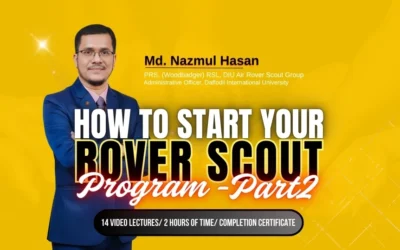Course Description
This comprehensive online course, “Quantum mechanics” is designed for beginners and aspiring scientists eager to explore the fundamental principles governing the quantum world. Quantum Mechanics is one of the most fascinating and essential fields in modern physics, offering insights into the behavior of matter and energy at the atomic and subatomic scales—where classical physics no longer applies. In this course Quantum mechanics, learners will be introduced to the foundational concepts and mathematical frameworks that define quantum mechanics. You’ll explore key phenomena such as wave-particle duality, quantum superposition, the photoelectric and Compton effects, pair production, and Heisenberg’s uncertainty principle. These core ideas challenge our classical intuitions and serve as the building blocks for some of the most groundbreaking technological advances of our time, including semiconductors, lasers, magnetic resonance imaging (MRI), and quantum computers. Through a blend of conceptual explanations and mathematical formulations, you will develop the skills to analyze quantum systems, interpret wave functions, and apply Schrödinger’s equation to simple quantum models. The course bridges theory with real-world applications, helping you appreciate how quantum mechanics influences fields like chemistry, materials science, nanotechnology, and electronic engineering. Whether you’re pursuing a career in science or simply curious about the laws that govern the microcosm, this course offers a solid entry point into the quantum realm.
Quantum Mechanics Course Objectives
Wave-Particle Duality: Particles like electrons exhibit both wave-like and particle-like properties.
Quantum State and Wave Function: The state of a quantum system is described by a wave function, which encodes the probabilities of finding a particle in various positions and states.
Connect Theory and Experiment: Relate theoretical predictions to experimental data.
Develop Mathematical Skills: Learn to use wave functions, Schrödinger’s equation, and operators.
Uncertainty Principle: Proposed by Heisenberg, it states that certain pairs of physical properties, like position and momentum, cannot both be known to arbitrary precision simultaneously.
Quantum Tunneling: Particles can pass through barriers that they classically shouldn’t be able to.
Understand Technological Implications: Appreciate the role of quantum mechanics in modern technology, like quantum computing.
Apply Quantum Theory: Use quantum mechanics in various areas of physics, such as atomic and molecular physics and solid-state physics, and understand its role in technologies like semiconductors and quantum computers.
What You Will Learn from the Course Quantum Mechanics :
- Understand the wave-particle duality of matter and light
- Interpret and construct quantum states using wave functions
- Analyze key experiments that led to the development of quantum theory
- Apply Schrödinger’s equation to model physical systems
- Explore Heisenberg’s uncertainty principle and its implications
- Understand the phenomenon of quantum tunneling
- Connect quantum principles with modern technologies like quantum computing and semiconductors
- Strengthen mathematical skills necessary for solving quantum problems
Target Audience:
Beginners with little or no foundational knowledge necessary for physics.
Individuals working in or interested in fields like engineering, chemistry, or materials science, who seek to understand the principles of quantum mechanics to enhance their professional skills or satisfy their intellectual curiosity.
Prerequisites:
A strong foundation in classical mechanics, calculus, and linear algebra is required.
What More to Expect?
- 18 complete lessons more than 4 hours of time
- Quizzes to assess learning from the course
- Option to discuss problems on the lessons through the course forum
- Certificate of achievement issued with the affiliation of HRDI and Skill Jobs
Course Features
- Lectures 18
- Quizzes 1
- Duration 4.5 Hours
- Skill level All levels
- Language Bengali
- Students 1
- Certificate Yes
- Assessments Self







